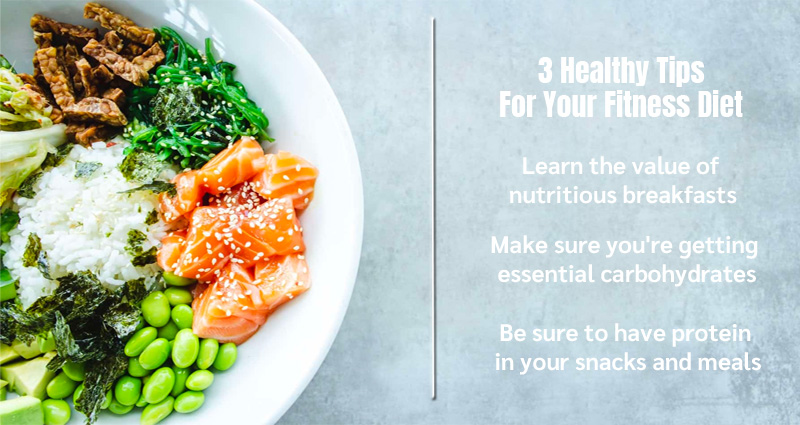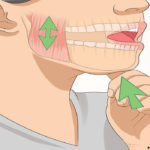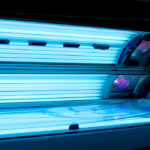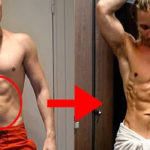A well-balanced diet will help you get the calories and nutrients you need to fuel your everyday activities, such as exercise.
It’s not as easy as choosing vegetables over doughnuts when it comes to fueling your workout success. You must consume the right foods at the proper times of the day. Find out more on Us.reviews. Here are some of the tips you should endeavor to follow
Learn the value of nutritious breakfasts
It’s crucial to eat a healthy breakfast on days when you intend to exercise. If you miss breakfast, you can feel lightheaded or slow during your workout.
It’s essential to eat the right kind of breakfast. To begin their day, too many people depend on simple carbohydrates. A plain white bagel or doughnut will not please you for long.
A fiber- and protein-rich breakfast, on the other hand, will keep hunger at bay for longer and provide the energy you need to keep exercising, and you should check fitness vitamins companies reviews to get the right advice and opinions
To eat a nutritious breakfast, follow these guidelines:
- Instead of sugar-laden cereals made from processed grains, opt for oatmeal, oat bran, or other high-fiber whole-grain cereals. Add some protein to the mix, such as milk, yogurt, or chopped nuts.
- If you’re making pancakes or waffles, use whole-grain flour instead of all-purpose flour. After that, add some cottage cheese to the mix.
- Nutrition bars made of granola
- Have a quick snack about an hour before you begin your workout if you’re working out later in the day. A sports bar With less than 200 calories is a decent option.
- Look for a bar with a low material, preferably less than 3 grams. Before a workout, consuming too much fiber will disturb your stomach
- You can include sugar alcohols such as sorbitol, xylitol, isomalt, and mannitol in the ingredients list. If you eat too many of these ingredients, you can feel cramps or diarrhea.
Make sure you’re getting essential carbohydrates.
Carbohydrates are the body’s primary source of sugar and should account for 45 to 65 percent of your total daily calories, according to the Mayo Clinic. This is particularly true if you engage in simple carbohydrates like those found in candy and processed foods. Instead, concentrate on eating complex carbohydrates like those found in whole grains, fruits, vegetables, and beans.
Since you digest whole grains more slowly than refined grains, they have a longer shelf life.
They will keep you fuller for longer and have energy during the day. They can also help you maintain a healthy blood sugar level. Finally, these high-quality grains provide the vitamins and minerals your body needs to function optimally.
Be sure to have protein in your snacks and meals.
Protein is needed for the development, maintenance, and repair of your body. According to the University of Rochester Medical Center, red blood cells, for example, die after about 120 days. Protein is also vital for muscle growth and repair, enabling you to reap your workout benefits. It can provide energy when carbohydrates are scarce, but it is not a primary energy source during exercise.
For every pound of body weight, that equates to 0.36 grams of protein. Exercisers and the elderly can need more.
You can obtain protein from the following sources:
- Poultry (chicken and turkey), red meat (beef and lamb), fish (salmon and tuna), dairy (milk and yogurt), legumes (beans and lentils), eggs
- Choose lean proteins that are low in saturated and trans fats for the healthiest choices. Limit the intake of red meat and processed meats.
- In the fridge, there’s an energy bar. Regular exercisers need more protein than non-exercisers, particularly after a workout. The body uses it to rebuild muscles, produce blood cells, and various other things. Instead of a cheeseburger for lunch or dinner, serve something leaner like grilled chicken or turkey.










